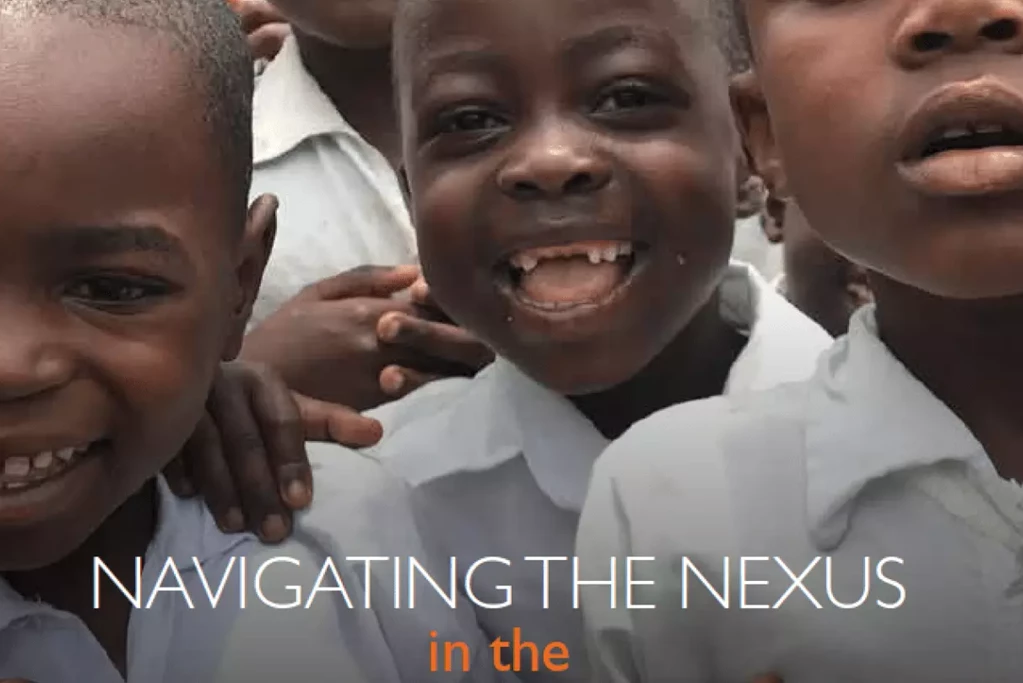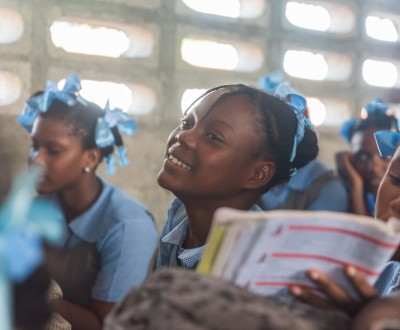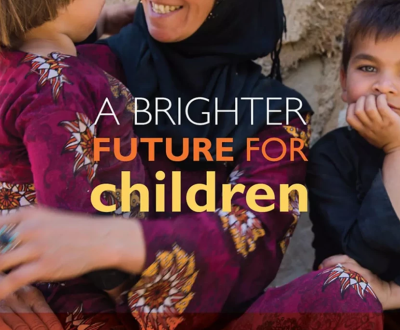Based on extensive experience in the Democratic Republic of Congo, specifically in Rutshuru in the east, World Vision has accumulated lessons learned and recommendations around how agencies can sustainably programme across the humanitarian-development-peacebuilding nexus in an integrated way in fragile contexts.
The aim of this work is to enable communities to survive, adapt to challenging situations, and to thrive, while at the same time ensuring World Vision and others respond quickly and safely in environments that are inherently volatile.
The following case study examines World Vision’s experience of adapting one of its programmes in eastern DRC as one of several pilots of a new World Vision programme approach in fragile contexts. It proposes several factors that should be considered as critical for successfully navigating the nexus,


